Brain-Computer Interfaces (All Articles)
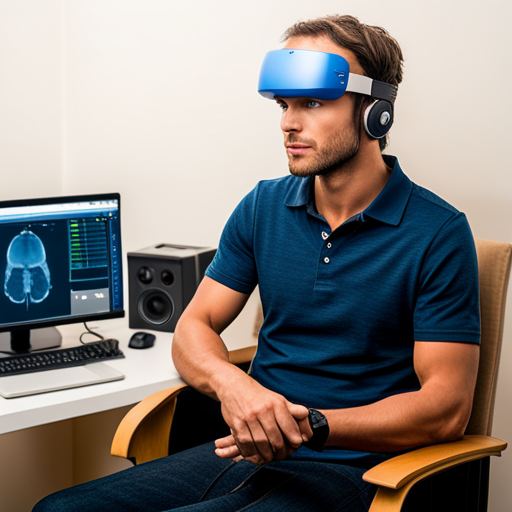
How Does the Brain Control Tech for Feedback?
BCI neurofeedback allows people to control brain activity for better mental health, focus, and learning. Studies show 85% reduced stress and 70% improved concentration. How can BCI neurofeedback revolutionize mental health treatment and assistive technology? Read the full article to discover the potential of this transformative technology.
CLICK HERE!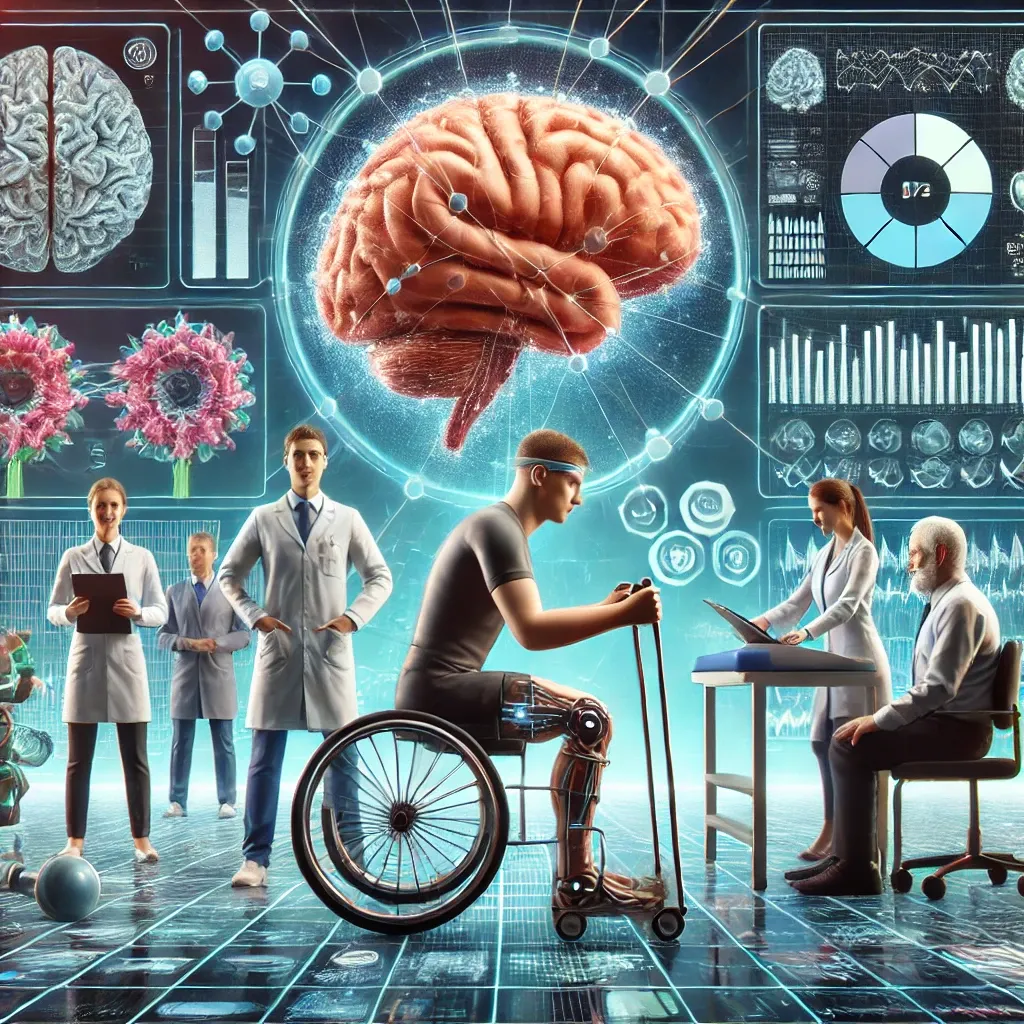
What Makes Brain Recovery Difficult?
Neurorehabilitation faces significant challenges, including the brain's complexity, patient variability, and difficulties in measuring progress. Up to 50% of stroke patients do not fully recover their motor skills, even after extensive rehabilitation, highlighting the need for more personalized treatments. The study also notes the lack of access to advanced technologies and the long recovery times, which can be physically and emotionally taxing for patients. How can we overcome these challenges to improve neurorehabilitation outcomes?
CLICK HERE!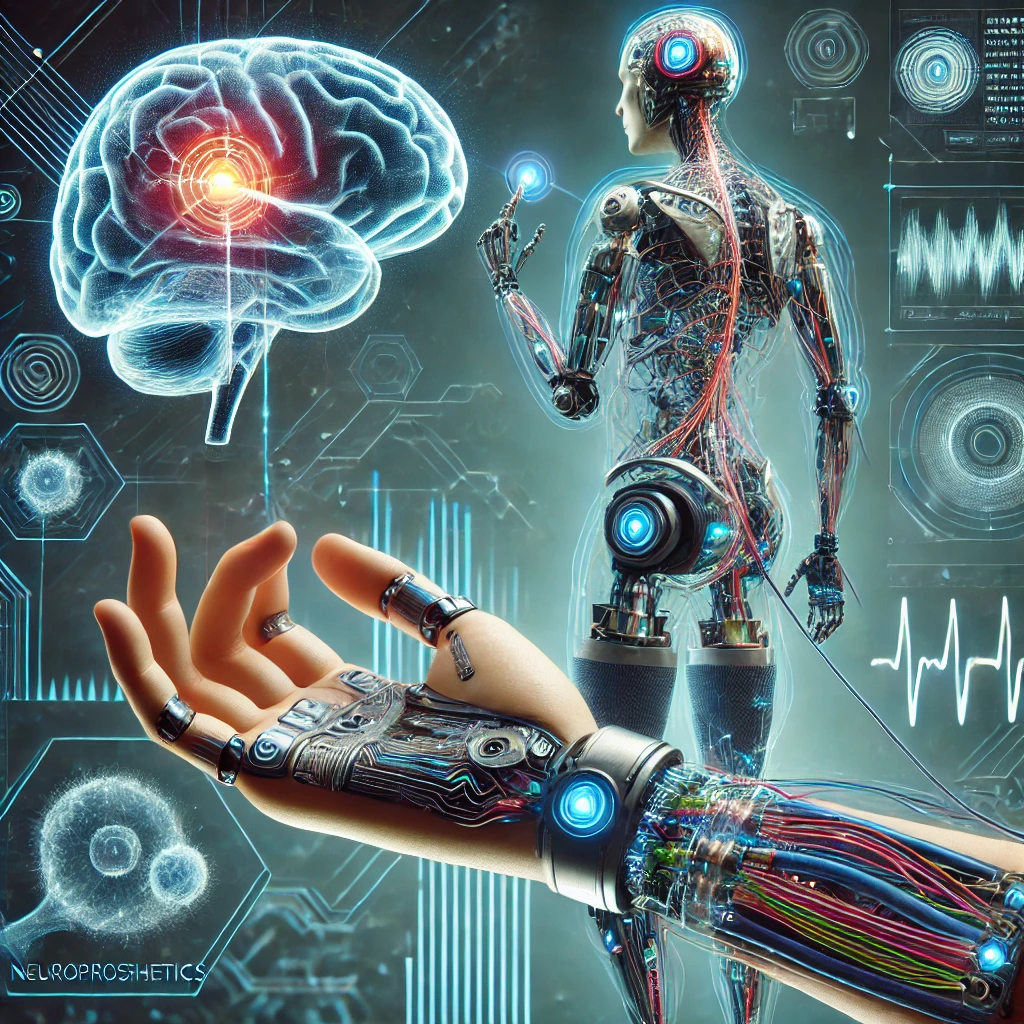
What Are Brain-Computer Devices?
Neuroprosthetics are advanced devices that connect to the brain or nervous system, allowing individuals to control prosthetic limbs or restore lost senses like hearing. With success rates of up to 80% in improving mobility and innovative sensory restoration, these devices offer new hope for people with disabilities. Though currently expensive, ongoing advancements aim to make them more accessible. Curious how neuroprosthetics could change lives or restore lost functions? Click to explore!
CLICK HERE!
What is EEG technology?
CLICK HERE!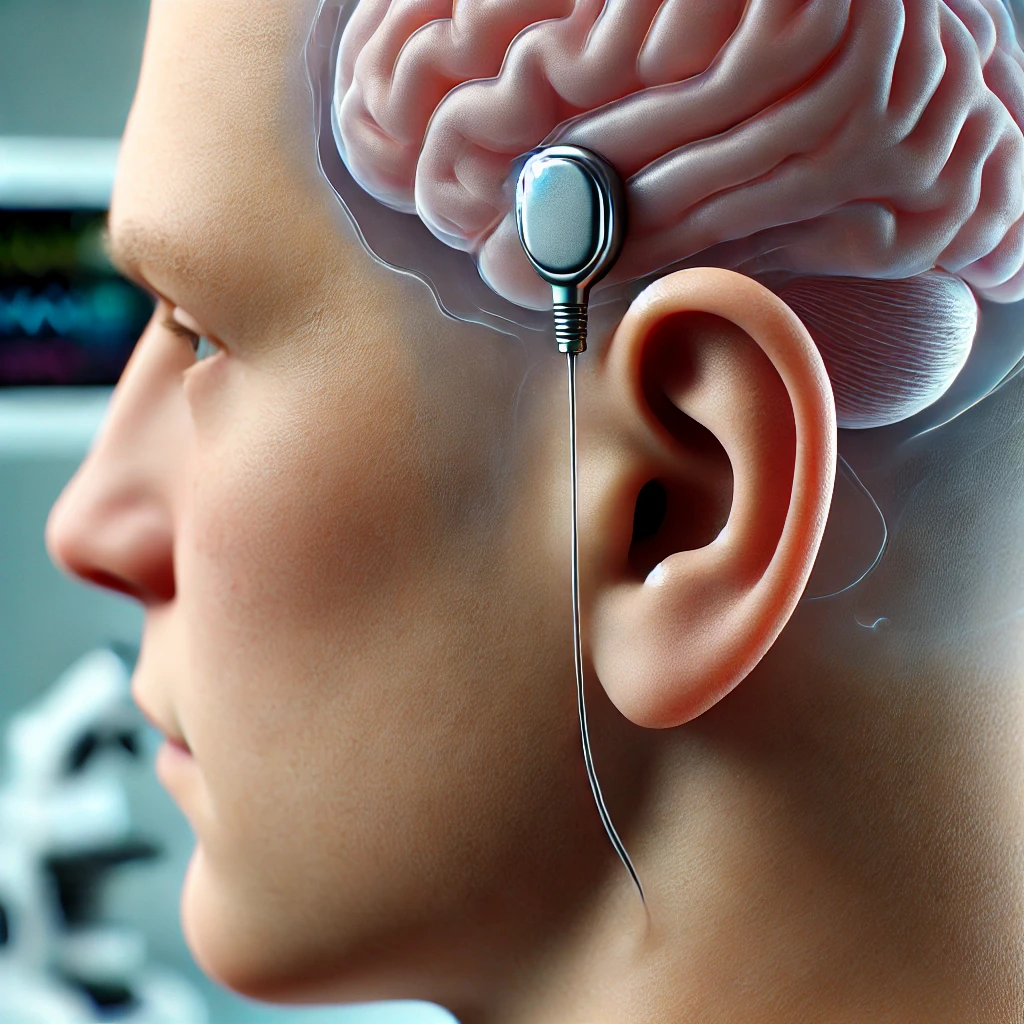
Are brain implants possible?
CLICK HERE!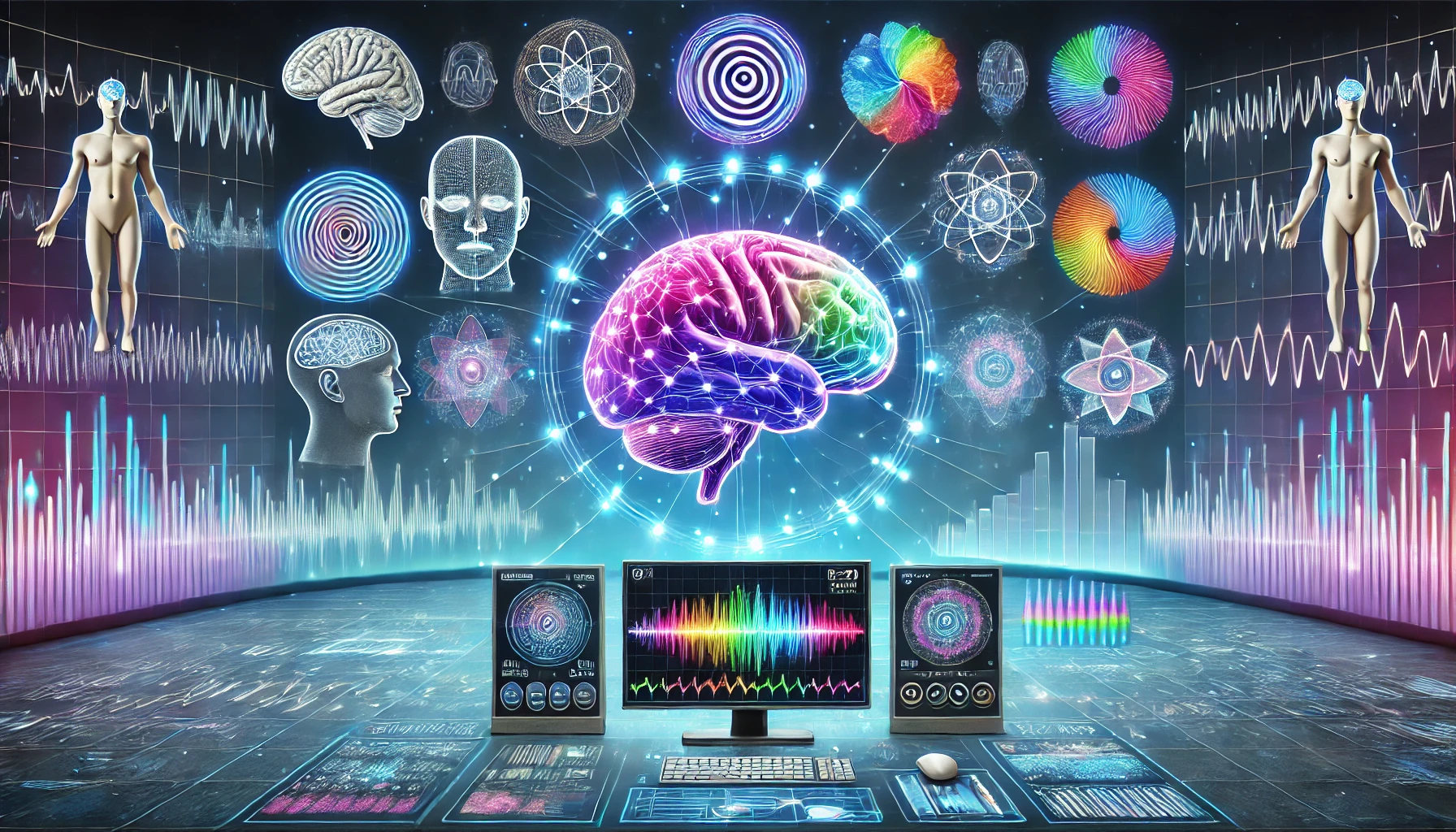
What can brain waves tell us?
Brain waves reveal emotions, focus, and mental health states. High beta waves link to anxiety, while delta waves dominate deep sleep. EEGs use brain waves to diagnose conditions like epilepsy and enhance focus or memory. Could unlocking brain wave patterns help improve mental health and creativity? Click below to explore this fascinating field!
CLICK HERE!